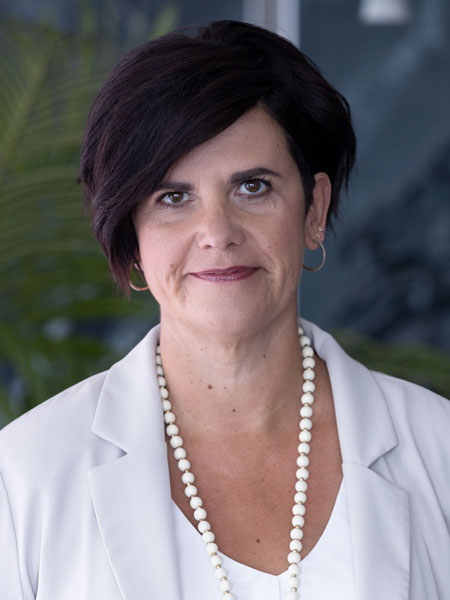TORONTO, ONT.: The people on the front line of mental health care across Canada are deeply concerned about the effects of financial stress on the health of Canadians, according to an early-January opinion poll carried out by Yorkville University’s Department of Behavioral Sciences.
The poll asked 1,800 members of Yorkville’s Master of Arts in Counselling Psychology (MACP) community for their insights on the current state of mental health in Canada.
The findings revealed the majority of frontline counsellors are working to increase access to care, while helping clients build resilience to manage economic stress.
ADVERTISEMENT:
Other key insights include:
84 per cent of respondents believe financial pressures, inflation, and the increased cost of living are greatly impacting people’s mental health.
Two-thirds of respondents are extremely concerned about the effect of economic and financial challenges on the mental health of Canadians.
83 per cent of respondents have observed an increase in the number of clients wishing to discuss the impact of the economy on their emotional well-being.
Respondents indicated that the key skills they build with clients to address financial stressors include: resilience, coping mechanisms or strategies, emotional regulation, stress management techniques, and problem-solving.
88 per cent of practicing respondents have adopted a hybrid or fully virtual model to serve clients better.
ADVERTISEMENT:
Although the economic challenges faced by Canadians are concerning, the opinion poll revealed a sense of empowerment within the mental health community to make a difference for clients.
“There’s no denying that increasing financial pressures are harming the mental health of Canadians,” said Dr. Krista Schultz, Associate Dean of Student Experience on the Behavioural Sciences team at Yorkville University, which provides Canada’s leading online counsellor education graduate program.
“Our opinion poll shows that Canadians — regardless of age — are stressed and struggling with the economic realities they are facing, with relationship issues ranking as the second most pressing concern.
“However, our MACP community is dedicated to helping clients develop resilience, coping strategies, and emotional regulation techniques.”
ADVERTISEMENT:
“Counsellors also see their community of peers growing, and a significant number of practicing therapists have embraced a flexible virtual delivery model to provide greater access to care for Canadians, especially those who may live in more remote areas, or face other barriers to seeing a therapist in-person,” adds Dr. Peter Hall, Dean of the MACP program.
“We find this feedback hopeful, and our poll indicates a shift in how therapy is delivered compared to a few years ago.”
“As leaders in training the next generation of mental health practitioners in every province and territory in Canada, we deeply value the opinions of those on the frontline of care,” said Dr. Julia Christensen Hughes, President and Vice-Chancellor of Yorkville University.
ADVERTISEMENT:
“Our mental health community is an incredibly empathetic group of difference-makers, who have voiced their concerns about the effects of financial stress on Canadians.
“We are committed to growing this profession, so people experiencing mental health challenges can access the support they need. Yorkville’s commitment to an ethic of care begins with our students, and they carry this approach into their practice.”
Opinion Poll Details
From January 5-9, 2024, Yorkville University asked its community of frontline psychotherapists, graduate students, practicum partner sites, and program mentors for their opinions on the current state of mental health care in Canada. Fourteen opinion questions were asked of the 1,800 respondents from the Yorkville University community.



































